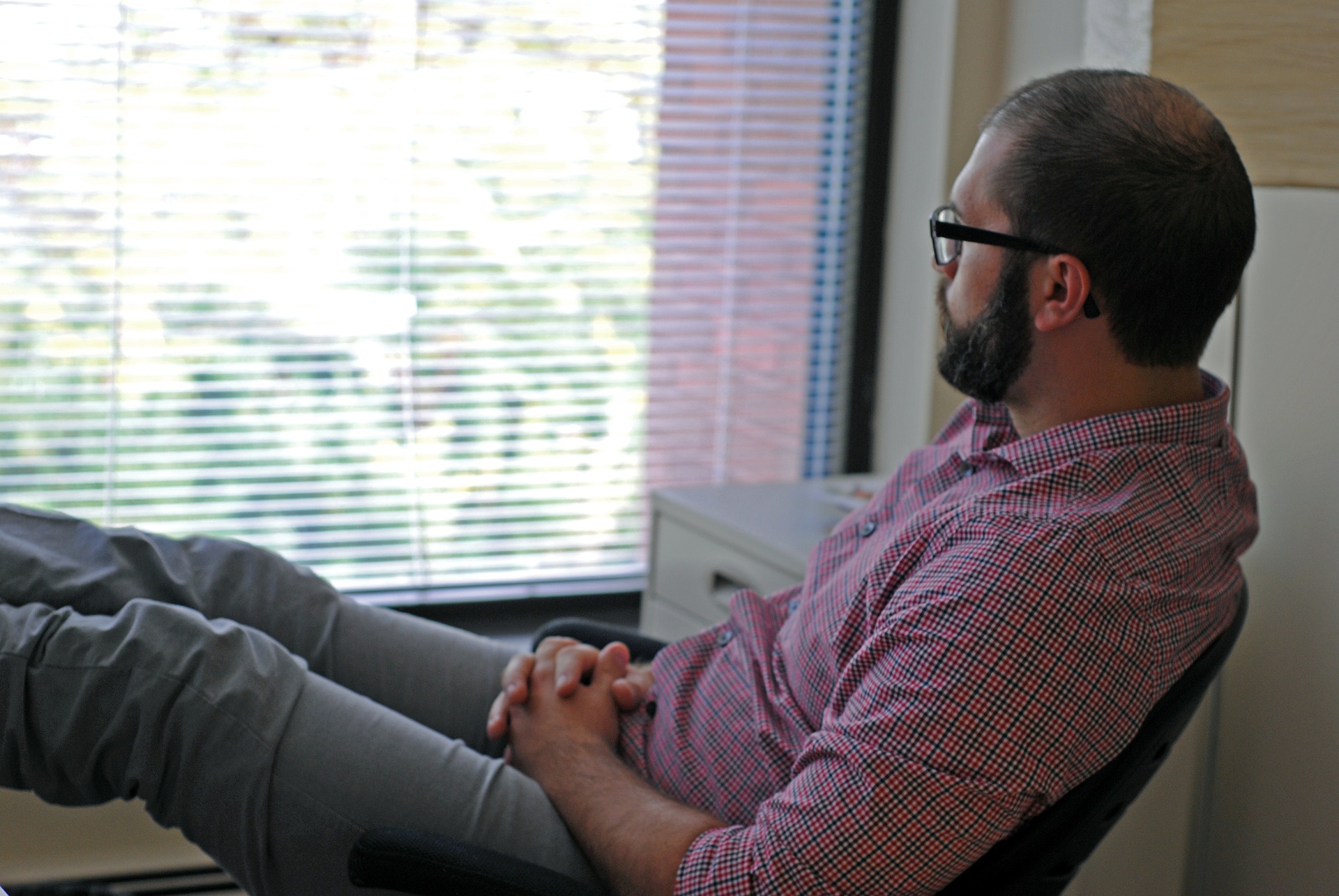How to Write a Great Resume with No Work Experience
Thinking about starting your job search and need to create a resume? Maybe you just graduated, or perhaps you’ve been out of the workforce for a while, and it’s time to jump back in.
In either case, your career probably isn’t in the same place it was when you left. You now have less work experience; how do you even get started?
Fortunately, creating a resume with no work experience is not as difficult as it seems. Read on to get some great tips on how to write a resume with no work experience.

What should I write in my Resume if I have no Experience?
One mistake most job seekers make is thinking that they have to list every little bit of their work history in their resume, regardless of how long ago it was or what position they held. The goal of a resume is to show potential employers that you have the skillset and experience they are looking for in an employee, not to list every job you’ve ever had.
So, don’t worry about listing every single one of your past experiences; only include the ones most relevant to the position you’re applying for. If you’re not so sure about the right past experiences to list, perhaps you should also consider consulting with the best resume writing service you can find online.
Apart from guiding you, these services can also help you create the perfect resume. Here’s how to write a winning resume if you have no experience;
-
Choose a Good Resume Format
Before you write a resume, you’ll need to decide what type of resume you will write. Many people can get caught up in the details at this stage, but it’s important to keep your long-term goals in mind.
As a new graduate, you may want to focus on your skills and education. On the other hand, if you have a ton of experience in a specific field, you may want to focus on those skills.
Keep in mind that there are several types of resumes, including chronological, functional, and combination formats. No matter which format you choose, be sure to highlight your skills and experience.
If you have no work experience, you’ll likely want to use the functional format. For a chronological resume, you’ll need more work experience.
-
Add Key Skills
One of the most important aspects of a resume for someone with little or no work experience is ensuring that you include skills. These could be skills you gained from a job, volunteering, or school. Skills to include on a resume for someone with no experience include:
- Communication skills
- Critical thinking skills
- Interpersonal skills
- Leadership skills
- Management skills
- Negotiation skills
- Organizational skills
- Problem-solving skills
- Public speaking skill
- Research skills
- Writing skills
When thinking about which skills are most important to include on your resume, think about what you’d like to do in your career. If you’re hoping to get a job in marketing, you should have communication and organizational skills listed. If you’re hoping to work in sales, you should have sales skills listed.
-
Include Volunteer Experience
Volunteering can be a great way to gain experience, network, and make connections. If you have volunteered, you can include that experience on a resume.
Note the skills that you gained while volunteering and how they can be applied to the job you’re seeking. For example, if you have volunteered at a child care facility, you could note the skills gained from that experience, such as working with children, patience, and being detail-oriented.
If you have several experiences on your resume, you may want to include a section for your volunteer experience. This is especially important if you can’t think of skills gained from a specific volunteer gig.
You may want to include only the skills you gained from each experience, or you may want to include both skills and experiences. You’ll need to decide what is best for your resume.
-
Showcase Your Strengths
As you’re writing your resume, you should also be thinking about what your strengths are. These can come from your skills, volunteer experience, or education.
In fact, it’s often best to start with your strengths before you even think about what job you’re applying for. Start by making a list of your strengths. Then, think about how they could be useful in a job.
For example, if you’re great at problem-solving, you could say that you solve problems quickly and efficiently. If you’re good at communicating, you could say that you communicate clearly and effectively. Keep in mind that most employers are looking for more than just strengths.
They want to know what your weaknesses are as well. Be honest, and try to remember that your weaknesses can be addressed during hiring.
Conclusion
If you’re trying to find a job with no experience, you may be nervous about how to write a resume. You don’t need to worry! As long as you show your skills, potential employers can see how they can help their company.
And since most employers use ATS to screen resumes today, don’t forget to use keywords from the job listing in your resume. This will help ensure that your resume makes it past the initial screening process. Good luck!

